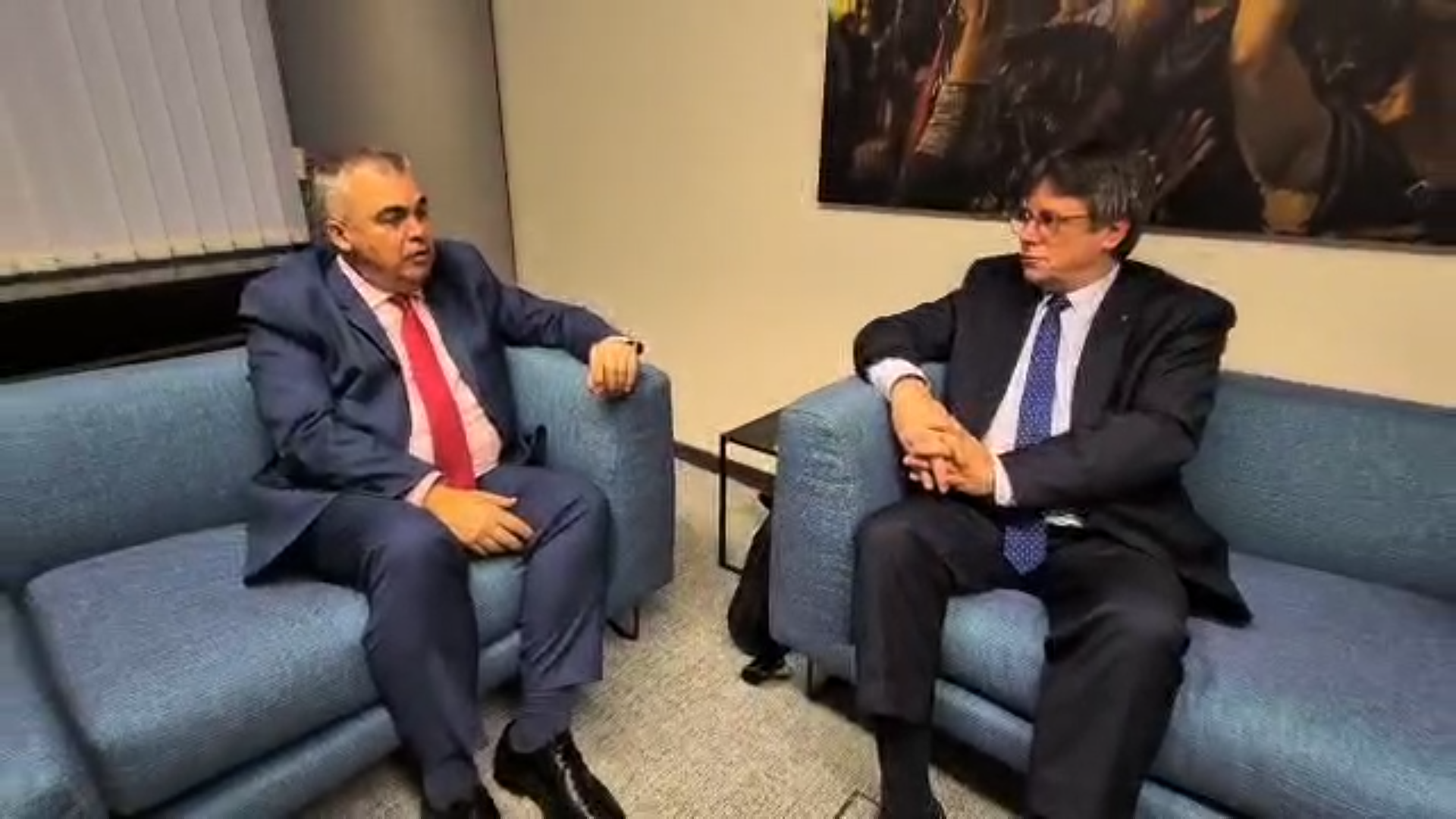The negotiations between the Socialists (PSOE) and Together for Catalonia (Junts) for the investiture of Pedro Sánchez as head of a new Spanish government are in the final stretch. The two parties have agreed this Wednesday night that they will close their agreement this Thursday. The Socialists and Carles Puigdemont's party could thus publicly seal the political agreement on Thursday and start the parliamentary processing of the amnesty law in the Spanish Congress early next week. However, Socialist sources consulted by ElNacional.cat admit that with this move they will not yet be assured of the required votes for the investiture given that the agreement with the Basque Nationalists (PNV) remains to be signed. The Socialists foresee that they may be able to start the investiture debate and vote on or after next Wednesday, in the event that this time they manage to close the agreement with Junts and, subsequently, the negotiations with the PNV.
The talks with Junts have continued this week in Brussels amid absolute discretion, while in Madrid the tension has soared with demonstrations every night in front of the Socialist headquarters, fuelled by the far right. Nevertheless, Pedro Sánchez's response this morning left no doubt about the PSOE's decision to go ahead with the agreement with the Catalan pro-independence parties. "We are not intimidated and we will keep going. We will have a government and we will govern for four more years", he asserted during a visit to party staff at the Calle Ferraz PSOE headquarters.
The PSOE's haste
The PSOE are in a hurry. They don't hide the fact. However, the Junts senior leadership has met twice in Brussels, last Thursday and this Monday, without being able to give the green light to the agreement. The PSOE organizational secretary, Santos Cerdán, chief negotiator with Junts, has been waiting since Monday in a hotel in the Belgian capital for the pact to be closed so that he can sign it. For his part, Puigdemont has been accompanied in Brussels by the president of the party, Laura Borràs, the general secretary, Jordi Turull, and the president of the parliamentary group in Congress, Míriam Nogueras. In fact, Cerdán and Turull will be responsible for signing the agreement between the two parties.
Ever since Sunday, Junts has reiterated its demand that the amnesty law must cover cases of lawfare, that is, the judicial persecution suffered by people who took part in the independence process but who are being investigated in cases that have nothing to do with the two independence consultations - in 2014 and 2017 - which are central to most of the other judicial cases affected by the amnesty. The decision communicated this Tuesday by the judge of the National Audience court Manuel García Castellón that he would include, among others, Carles Puigdemont and the general secretary of ERC, Marta Rovira, in an investigation for terrorism offences in the Tsunami protest platform case has only increased the alertness of the Junts negotiators to the need to define the amnesty law very clearly and prevent its application from being left in the hands of judges.
But the pressures come from multiple fronts. If on Monday, Spain's highest judicial organ, the General Council of the Judiciary (CGPJ) broke into the negotiation, with a declaration that was highly critical of the amnesty, this Wednesday it has been the justice commissioner of the EU, Didier Reynders, who sent a letter to the acting Spanish presidency and justice ministers asking for information on the amnesty law.

